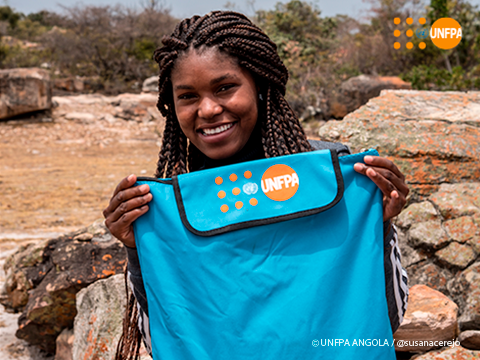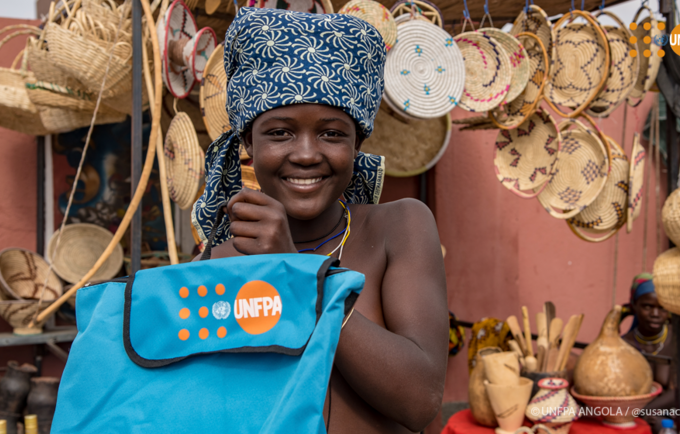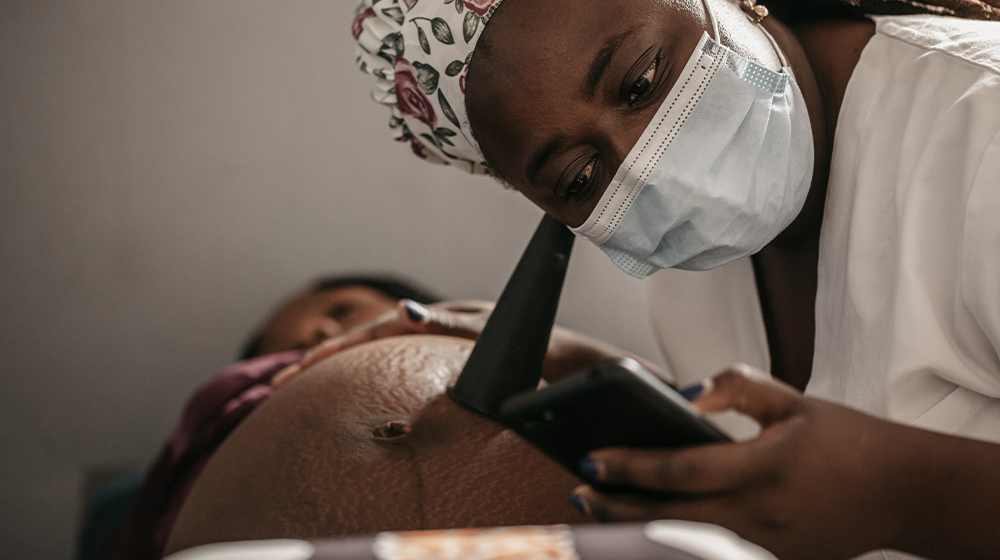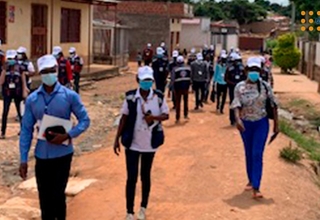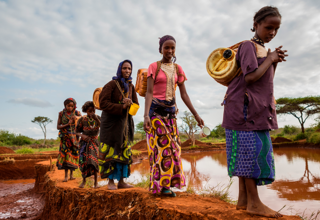UNFPA distributes reproductive health kits to alleviate the drought in the south of the country
The drought in southern Angola is at the center of all concerns. Emergency programs try to mitigate the effects of severe drought. UNFPA supports the Angolan Ministry of Health in implementing the Response to Sexual and Reproductive Health Project in Drought-Affected provinces, to alleviate the precariousness of health structures in the region and to sensitize local populations.
…
Marina Coelho, Assistant Representative of UNFPA Angola, is familiar with the efforts of the Angolan government and partners to alleviate the precarious situation in terms of sexual and reproductive health in southern Angola. The worst drought in the region in 40 years poses major challenges in assisting the population of millions of people in vulnerable food situations, where the risk of maternal and newborn mortality, sexually transmitted infections, early pregnancies and gender-based violence increases, daily.
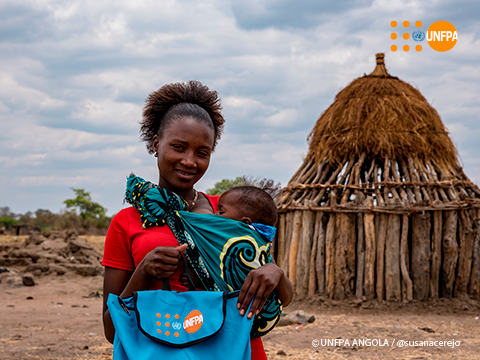
Marina Coelho leads a program that benefits health units with reproductive health kits in the south of the country. As she explains, "the Government of Angola entrusted UNFPA with the role of supporting the organization of integrated sexual and reproductive health services, through training and in-service monitoring of health technicians from the 22 selected municipalities". This theoretical and practical training “includes updating on basic sexual and reproductive health issues. In addition, the project also contemplates community mobilization, distribution of dignity kits to support 50,000 girls and women during menstruation, and reproductive health kits to ensure safe births.”
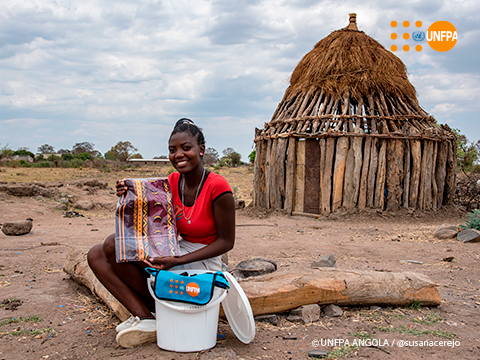
So far, investment in reproductive health kits has reached $500,000. “740 kits were delivered to health units in the regions affected by the drought that is used for various procedures, such as carrying out 7,000 births, treating sexually transmitted infections and treating sexual violations”. On the other hand, of the 50,000 dignity kits provided, 15,000 have already been delivered. Marina Coelho guarantees that this action “has already brought about an improvement in basic hygiene and menstrual health conditions for girls and women who live with the constant shortage of water”.
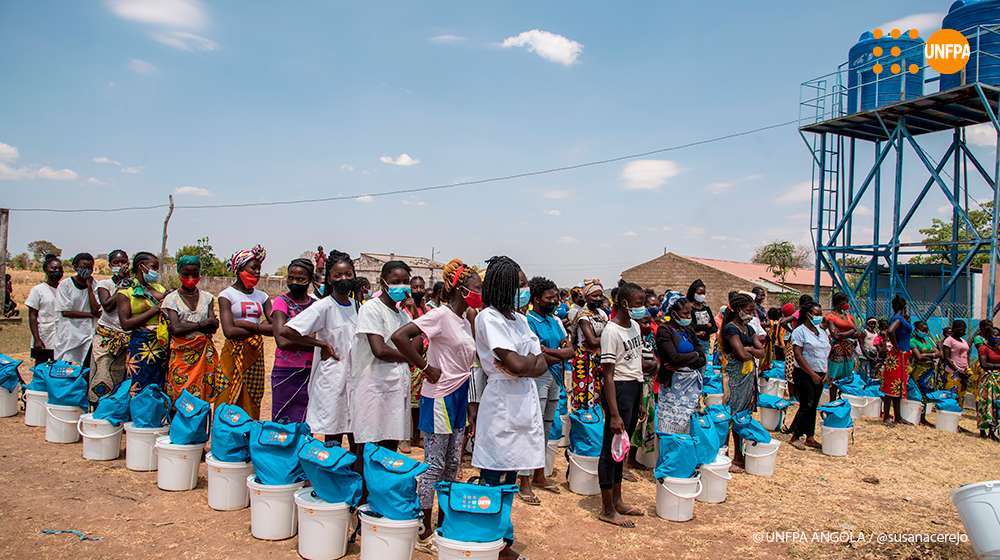
The kit distribution program will cover the 22 selected municipalities in the provinces of Cunene (Cuanhama, Ombadja, Curoca, Namacunde and Cahama), Namibe (Moçâmedes, Tômbua, Virei), Cuando-Cubango (Cuangar, Rivungo, Mavinga, Dirico, Nancova, Calai and Cuchi) and Huila (Cacula, Chibia, Quilengues, Quipungo, Gambos, Humpata and Matala). The assistant representative of UNFPA also said that in each of the municipalities “the organization of at least one Service for Friends of Adolescents and Youth (SAAJ) is planned”.
In Angola, where, for example, only 32% of girls know how to prevent HIV infections, support from the SAAJ is very important.
The initiatives that Marina Coelho describes are some of the many actions underway under the Project for Response to Sexual and Reproductive Health in Drought-Affected Provinces in Southern Angola, which the Ministry of Health leads and which has funding of 2.5 million of World Bank Dollars. In general terms, she lists, “this project aims to support the provision of integrated services in family planning, prenatal care, safe delivery, newborn care, childcare and prevention of Sexually Transmitted Infections and HIV” in the 22 selected municipalities.
The National Directorate of Public Health, the provincial and municipal health offices team up with organizations such as World Vision International, the World Food Program to provide an effective response. Concerning UNFPA Angola, Marina Coelho points out, the agency “works in partnership with the Government so that each pregnancy is desired, each birth is safe and that the potential of each young person is fully achieved so that no one is left behind, especially those who need it most, as is the case of populations in the provinces affected by the drought in the south of the country”.
